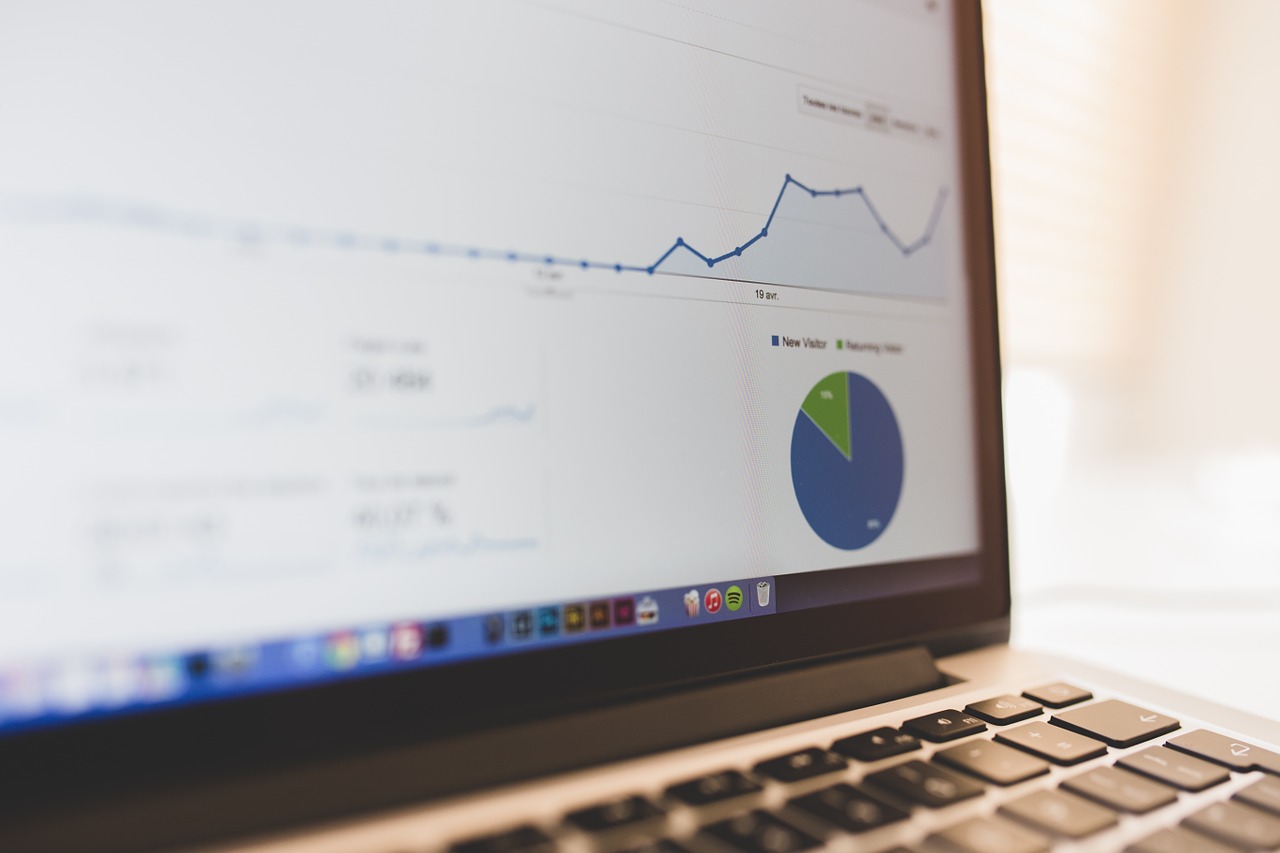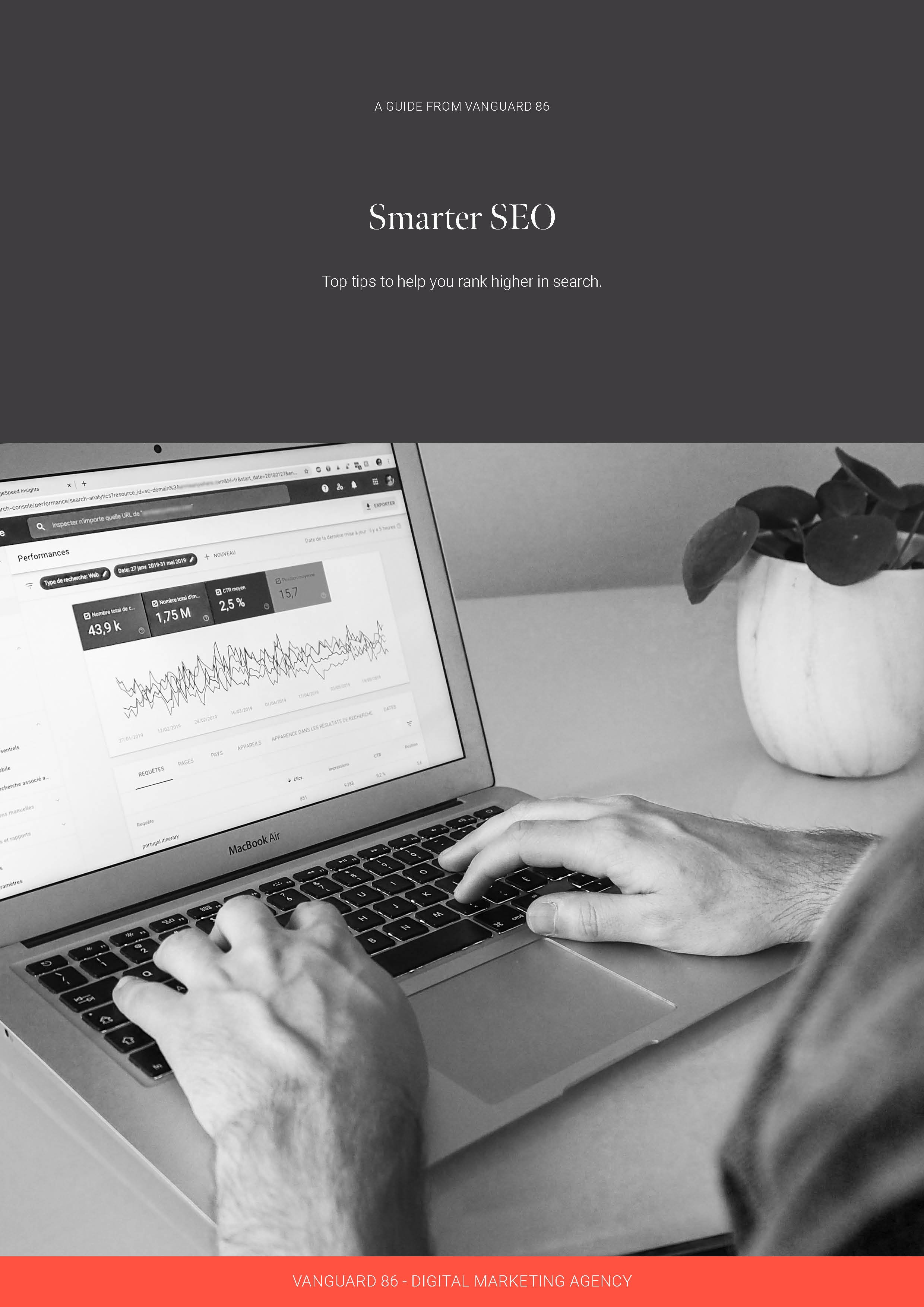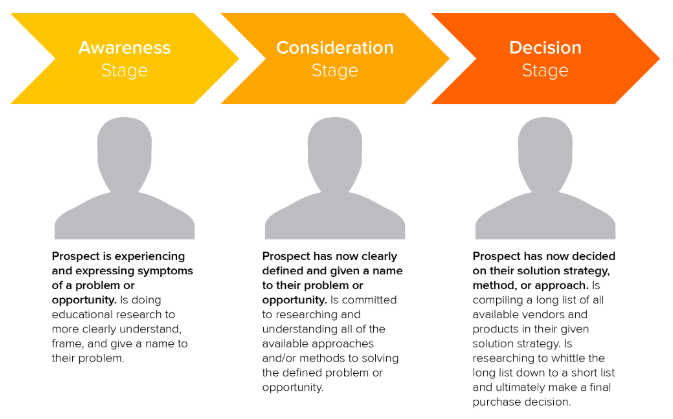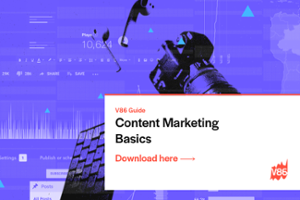Blogging vs Content Marketing – what’s the difference?

Blogging and content marketing – when compared many people will think they’re one and the same because aren’t they both just about creating content for a website? While in a sense that may be true, blogging only scratches the surface of content creation. Content marketing goes much deeper than this and should drive all of your digital marketing efforts so that you’re delivering content that is not only well-thought-out, but valuable to your audience.
In this blog, we delve into the differences between blogging and content marketing so you can get an understanding of how they work with each other, and how they fit into your marketing strategy.
Originating in the mid-90s, the first blog to be created is widely considered to be links.net – a website created by college student Justin Hall where he could share web links and photos he found interesting.¹ Fun fact; if you google links.net you’ll find that the site is still active!
What is blogging?
Blogging is the act of regularly updating a web page or website with articles designed to inform and engage an audience.
 From then on many other blogs started to appear and as websites like WordPress and TypePad were created, the popularity of blogging grew. Nowadays blogging is still a popular medium for many people to publish their content, whether it be personal or professional – but what exactly is blogging?
From then on many other blogs started to appear and as websites like WordPress and TypePad were created, the popularity of blogging grew. Nowadays blogging is still a popular medium for many people to publish their content, whether it be personal or professional – but what exactly is blogging?
HubSpot defines a blog as:
A section of your business's website but, unlike the rest of your website, you need to update the blog section frequently by adding new posts. Additionally, your blog is a tool that allows you to engage more with an audience, either by analysing how many readers share your blog posts on social or by allowing readers to comment on your individual posts. In this way, a blog is more like a two-way conversation than the rest of your website. However, a blog can also be an entire website, and often is, if the blog is for personal use alone – for instance, a travel blog.²
A blog or ‘blogging’ is a great way to connect more with your target audience and provide them with the information they’re searching for whether that be in answer to a question they have, or additional information on their topic of interest.
Content Marketing
 Content marketing has been around since the mid-80s with the launch of John Deere’s agricultural specific magazine ‘The Furrow’ – you can read more about this here. Since then many brands and businesses alike have gotten on board with content marketing and see the value that it delivers to their marketing strategies.
Content marketing has been around since the mid-80s with the launch of John Deere’s agricultural specific magazine ‘The Furrow’ – you can read more about this here. Since then many brands and businesses alike have gotten on board with content marketing and see the value that it delivers to their marketing strategies.
What is content marketing?
Content marketing is the creation and sharing of images, videos, blogs that are informational in nature and garner interest in a product or service without being salesy.
The Content Marketing Institute defines content marketing as:
A strategic marketing approach focused on creating and distributing valuable, relevant, and consistent content to attract and retain a clearly-defined audience — and, ultimately, to drive profitable customer action.³
Content marketing is all about a focussed approach to marketing and centres on creating content that will attract the right type of audience for your business or brand, and ultimately drive them to take the desired action. Content marketing consists of many different forms of marketing and can include blogging. Other types of content marketing include:
- Case studies
- Project features
- How-to videos
- Infographics
- Guides
- Whitepapers/studies

What does this mean for your marketing strategy?
Now that we know the difference between blogging and content marketing, how does this affect your marketing strategy and the activities you choose to do? Blogging is a great way of getting your message across however it shouldn’t be your sole method of marketing – it should fit into your overall content marketing strategy.
Understand your buyer’s journey
The buyer’s journey consists of a three-step process:
- Awareness Stage: The buyer realises they have a problem.
- Consideration Stage: The buyer defines their problem and researches options to solve it.
- Decision Stage: The buyer chooses a solution.⁴
To be able to market effectively to your target audience and provide them with content they will find meaningful, it is essential to understand the different stages people are at and that someone who’s an initial visitor to your site will need different content than someone who’s already a customer. Carefully think about the types of content your audience will need at every different stage of the buyer’s journey and plan what you need to create from there.
Measurable Business Goals

It’s not simply enough to make sure any content you create aligns to your buyer’s journey, it’s also important that your content is measurable and aligns to your business goals. You may decide that you want to focus on a mix of blogging, case studies and video for your content marketing strategy and you go about brainstorming all of the content that you’re going to create. This is a great starting point however make sure this all ties back to your business, and the goals you’ve set.
If one of your goals is to increase the number of sales enquiries you’re receiving think about how your content can affect this in a positive way, and help you to reach this goal. To make things easier make use of things like analytics to make sure your content is going to reach the right people with the right search intent.
Although similar, it’s important to remember that content marketing and blogging serve different purposes. While blogging is a great marketing tool it is only one aspect of content marketing. Your content marketing strategy should consist of marketing activities that will be valuable to your target audience while helping you to reach your business goals.
For more information on content marketing, check out our free guide below.
1.) https://blog.hubspot.com/marketing/what-is-a-blog
2.) https://contentmarketinginstitute.com/what-is-content-marketing/
3.) https://blog.hubspot.com/sales/what-is-the-buyers-journey
Download your free guide to Smarter SEO
Good SEO can mean the difference between your business being found, or you being lost in the growing mass of online resources. This guide is designed to help you rise above your competition.
Download now






